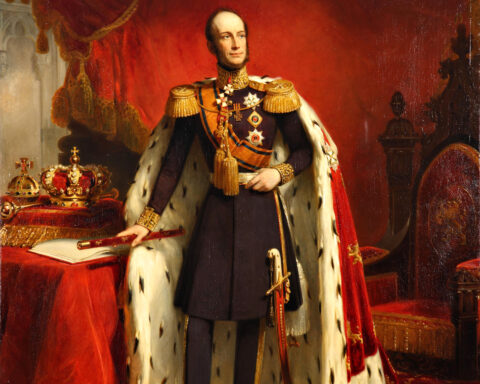Luxembourg’s constitutional system includes specific provisions—regency and lieutenancy—that guarantee the continuity and delegation of head of state duties when the Grand Duke is unable or chooses not to act.
Regency: Legal Conditions and Temporary Authority
A regency is established when the Grand Duke of Luxembourg is temporarily unable to exercise his constitutional powers, or when a successor is not yet of legal age to take the throne. According to the Constitution, the regent must be a direct descendant of Grand Duke Adolphe, must have reached majority age, and is required to take a formal oath before the Chamber of Deputies. The regency can arise in two key scenarios: upon the death or abdication of a Grand Duke with a minor heir, or in cases of temporary incapacity, such as serious illness. The regent then assumes the Grand Duke’s functions in full but only on an interim basis. Historically, regencies have occurred under various circumstances, including that of Grand Duchess Marie-Anne, who governed on behalf of her daughter Marie-Adélaïde until the latter came of age. The position ensures the unbroken exercise of state authority, even in sensitive transitions.
Lieutenancy: Voluntary Delegation of Sovereign Duties
A lieutenancy allows the Grand Duke to delegate some or all of his functions to a descendant, usually the heir apparent, through an official appointment as Lieutenant-Representative. This is not imposed by incapacity, but rather exercised voluntarily, often to facilitate the transition of responsibilities or to prepare the heir for future duties. The Constitution requires the designated individual to swear an oath before the Chamber of Deputies before assuming any official function. Once appointed, the Lieutenant-Representative carries out duties with the same legal validity as those of the Grand Duke himself. These may include signing legislation, issuing decrees, or representing the state at official events. The role combines practical leadership experience with constitutional training. It is typically viewed as a transitional and preparatory phase, rather than a permanent status, and does not revoke the powers of the reigning Grand Duke unless specified.
“I swear to observe the Constitution and the laws and to faithfully fulfill my constitutional duties”
Oath of the Lieutenant-Representative
Duration, Recent Precedents, and Constitutional Significance
Unlike a regency, the duration of a lieutenancy is not strictly defined by law and remains at the discretion of the reigning Grand Duke. Some lieutenancies in Luxembourg’s history have lasted several decades, while others were relatively short. One of the most recent examples occurred on October 8, 2024, when Hereditary Grand Duke Guillaume officially took the oath as Lieutenant-Representative. This event marked the first instance of such a transfer of duties since the 2023 constitutional revision. It reflects a modern interpretation of monarchy in Luxembourg, emphasizing continuity, training, and democratic oversight. The process also underscores the adaptability of Luxembourg’s constitutional monarchy to contemporary expectations while preserving the sovereign institution’s historical roots. These mechanisms allow the state to maintain functional stability across generations without sudden disruptions to governance.




















